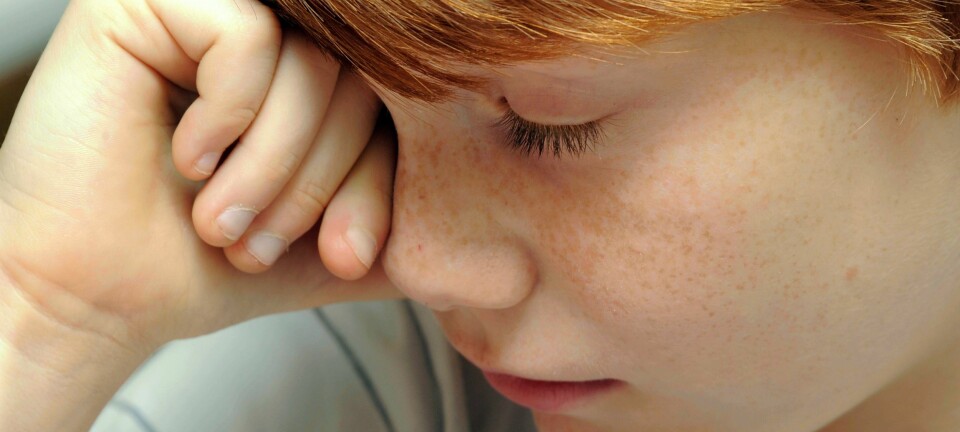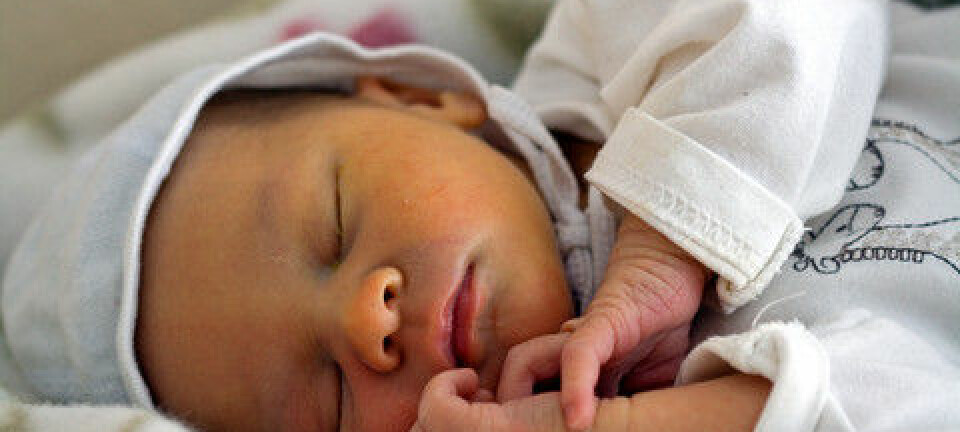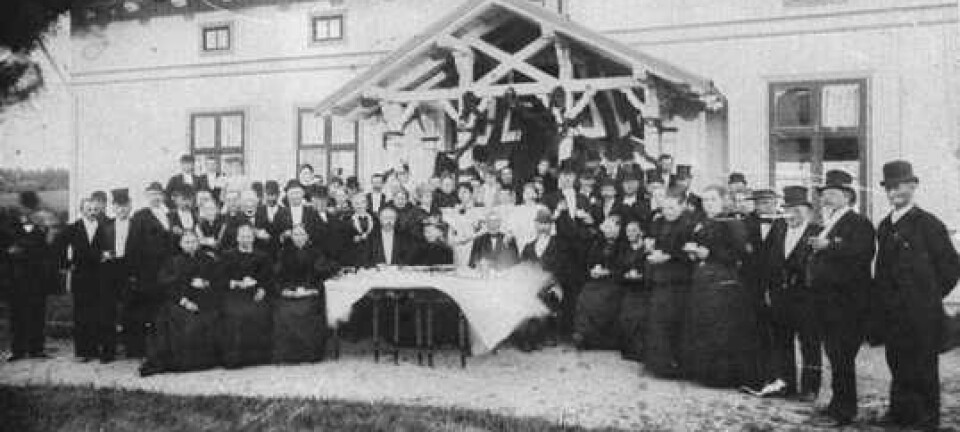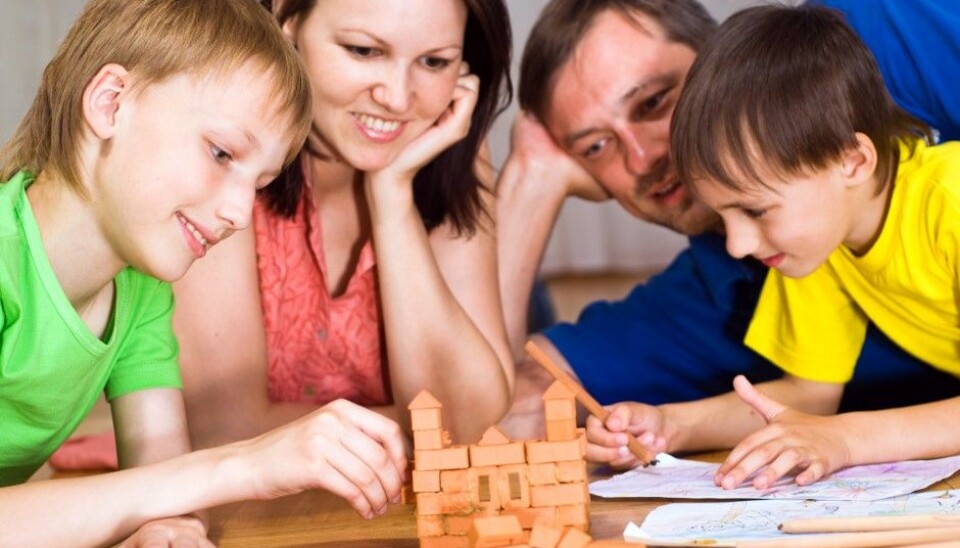
Sweden’s view of what makes ideal parents
The ideal parents see children as bringing meaning to their lives.
What does it mean to be a good mom or dad?
Our notions of what makes good parents can be revealed based an unusual source: the reports made on potential adoptive parents who want a second child.
Parent reports
When parents in Sweden have been approved for adoption, social workers write an assessment report and send it to the country from which the parents will adopt.
The social worker makes the case in this report as to why the applicants are suitable as prospective parents. If the parents have already adopted once and want another child, the social worker can describe the couple’s actual parenting capabilities. Cecilia Lindgren, a Swedish researcher, has recently published an article in the academic journal Childhood on what she found when she analysed 29 of these assessment reports.
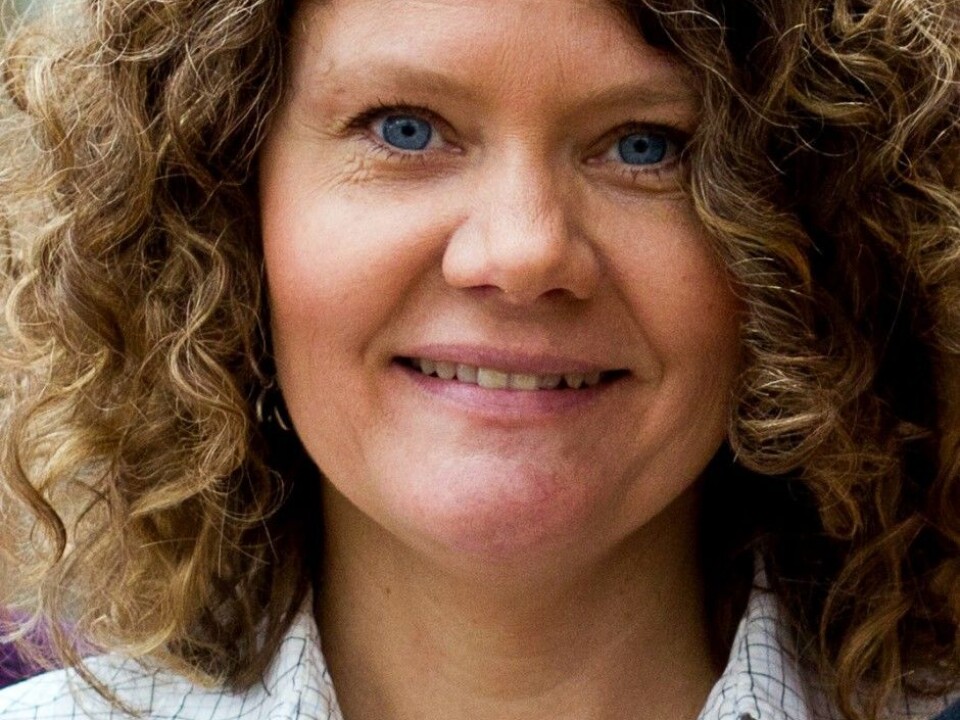
Lindgren wanted to know what Swedes think is important when they define “good parents.” She found that the reports present a very specific, unambiguous image of the ideal.
The couple is “happy to be parents and see this as life’s most important task,” she told forskning.no.
Happy, calm and fulfilled
If we are to believe the reports, the perfect parents area characterized by happiness, calmness and fulfilment.
These ideal parents take responsibility for their child’s educational development. They drop their hobbies and work less in order to put the child’s needs first. But the parents also set limits for their children: rules and routines are important.
“There is engagement with, and time, love and respect for the child as an individual. The people described in these reports take parenting very seriously, and let their children express themselves and influence family life,” says Lindgren, who is a lecturer in the Department of Thematic Studies – Child Studies at Linköping University in Sweden.
What’s missing: the problems
The assessment reports allow social workers to present stories about the adoptive parents, but the reports are not necessarily a complete description of the prospective parents’ daily lives.
Other studies have shown that parents often find it demanding to have small children, and hard to live up to the ideal of spending a lot of time with your child, says Lindgren. But these aspects of parenting are not taken up when the social workers describe the adoptive parents.
Lindgren says it is important to note that she has not looked into what the adoptive parents are really like. It is possible that adoptive parents are more conscientious than other parents in setting aside time to connect with their child. In any event, none of these potential problems are raised in the social worker reports.
“The reports present an unambiguous picture: These parents can handle whatever challenges come their way,” says Lindgren.
A closer, deeper relationship
The reports also allow social workers to let the parents speak for themselves:
“My wife and I have gotten closer to each other after we adopted.”
“Life together has become more meaningful, and our relationship has become deeper.”
“Life has become calmer.”
These statements from parents portray life with a toddler not as exhausting, or as something that puts a strain on the relationship, but as something that has made parents calmer and closer to each other, Lindgren wrote in her article in Childhood.
Mother and father equally involved
International adoption guidelines say that the government should investigate whether prospective adoptive parents will be suitable as parents, but they say nothing about what it means to be a good parent. That makes it interesting to see what each country believes makes for ideal parents, Lindgren said.
Research from the Netherlands shows that social workers emphasize characteristics that are similar to Sweden when they argue why applicants should be allowed to adopt, she says.
The Swedish reports also reflect the northern European norm of gender equality. Both mothers and fathers put children’s needs first, spending as much time with them as possible, and relate closely to the kids.
Children bring “meaning to life”
Lindgren studied reports from 29 parents from different parts of Sweden. The parents were around 40 years old on average when they applied to adopt a second child.
The assessment reports were typically 8-12 pages long and described the family’s history, situation, job, finances, social life, health, personality, marriage, motives for adoption and their knowledge of and experience with children.
Despite their different backgrounds, all of the families in the reports are portrayed as saying that having children is the meaning of life.
------------------------------------
Read the Norwegian version of this article at forskning.no
Translated by: Nancy Bazilchuk
